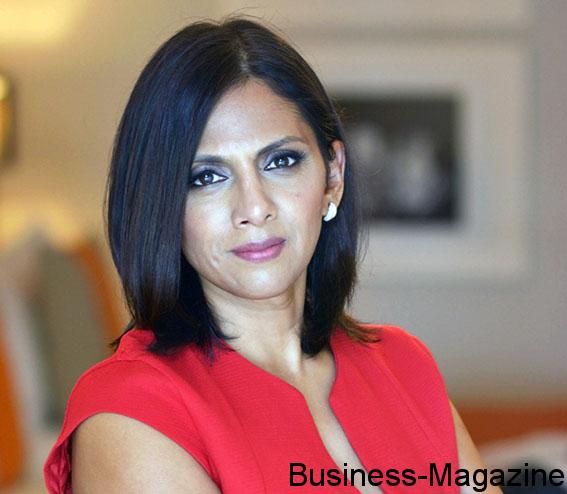Violence against women broken bodies, broken souls, broken dreams
Share

I got to know about Sarah [names have been changed] through a close relative. Sarah is an Indian national from extremely modest origins whom clerics married to a Mauritian in the hope that she would find a better abode in the island. Sarah is one of the many victims of domestic violence; she has often wished to put an end to her miserable life, more than once rushed to police stations and brought back home on the basis that she was behaving ‘weird’. Her stomach and body bear traces of hands that were hardly ever kind to her. Sarah longs to go back to her family in India but with no job and education, how would she fare with her three young children, assuming she finds the money to pay for the travel and assuming her husband whom colleagues say is charming with his white-collar job in a very well-known company in town, allows her to?
The plight of Sarah is unfortunately not a singular case. The startling story of Yolande Beejoolall, this 86-year old grandmother who was murdered by her grand-son sent shock waves to the population. Will the outrage be short-lived yet again? Shall we protest in our streets? Probably not. Would the opinion leaders voice out their revolt and pledge to do something concrete? They need to do so urgently.
And to add insult to injury, I read with utter shock and sadness the outcome of a survey done by Gender Links. Some startling figures in that report got me wondering whether a country that prides itself of its economic success and its stellar ranking in all sorts of international reports could leave such a situation worsen. Doing nothing is not an option. It is high time every single Mauritian gives a very strong signal to those who think they can still use violence against women in 2015. Any violence is not only physical but also psychological.
According to the World Health Organisation, violence against women has profound implications for health but is often ignored. WHO’s World Report on Violence and Health notes that “one of the most common forms of violence against women is that performed by a husband or male partner.” This type of violence is frequently invisible since it happens behind closed doors, and effectively, when legal systems and cultural norms do not treat as a crime, but rather as a “private” family matter, or a normal part of life. [Source: WHO website]. And often the mother of the perpetrator is not a stranger to that situation as cultural norms ensure that the person grows up with the belief that he or she ‘should control’ his spouse.
Barring the enforcement of laws and the establishment of strong social structures under the aegis of government and NGOs, society is a vital stakeholder if we want things to change for the better. If one believes in a cause, one should go for it and dream big. That is exactly what drove us to start a very humble campaign, WeR1NE. This campaign started in mainland Africa when some leaders decided that they had to sensitize the world and mainly Africans on the plight of women who were victims of terrorism, rape and domestic violence. This campaign consisted of wearing green on Fridays (most African nations have green in their flags) and showing that we are all ONE. Inspired from the Ubuntu concept which states that all human beings are part of a chain and that our existence depends on the other, this campaign rang a chord with the CEOs and staff in private organizations played the part. The enthusiasm of the pictures posted on Facebook bears testimony to the willingness of men and women across Mauritius to say NO to violence.
And what was initially meant to be a very modest campaign got other stakeholders joining in. Gender Links, an NGO that works to sensitize the public on gender related issues, pooled their forces with us and helped us engage with the staff in companies that participated in the campaign. As an example, all employees of LUX* hotels will be sensitized on this phenomenon of gender base violence. Apparently one of the greatest challenges of violence is the denial aspect; the first step is to really acknowledge that one is a victim and that this is wrong.
Great work often starts with small ideas and baby steps. This year, for Woman’s Day let’s ensure Sarah is safe, let’s try to bring a smile to her face, let’s promise ourselves that that grandmother did not die for no reason and if we hear of someone who is victim of violence, let’s at least lend a listening ear and try to seek help. The solutions for that national problem might be more complex; legislation needs enforcement, education needs to be reviewed, social workers might need to review the system in place. But each one of us has a duty to at least try to do his part, if only for our own kids.









